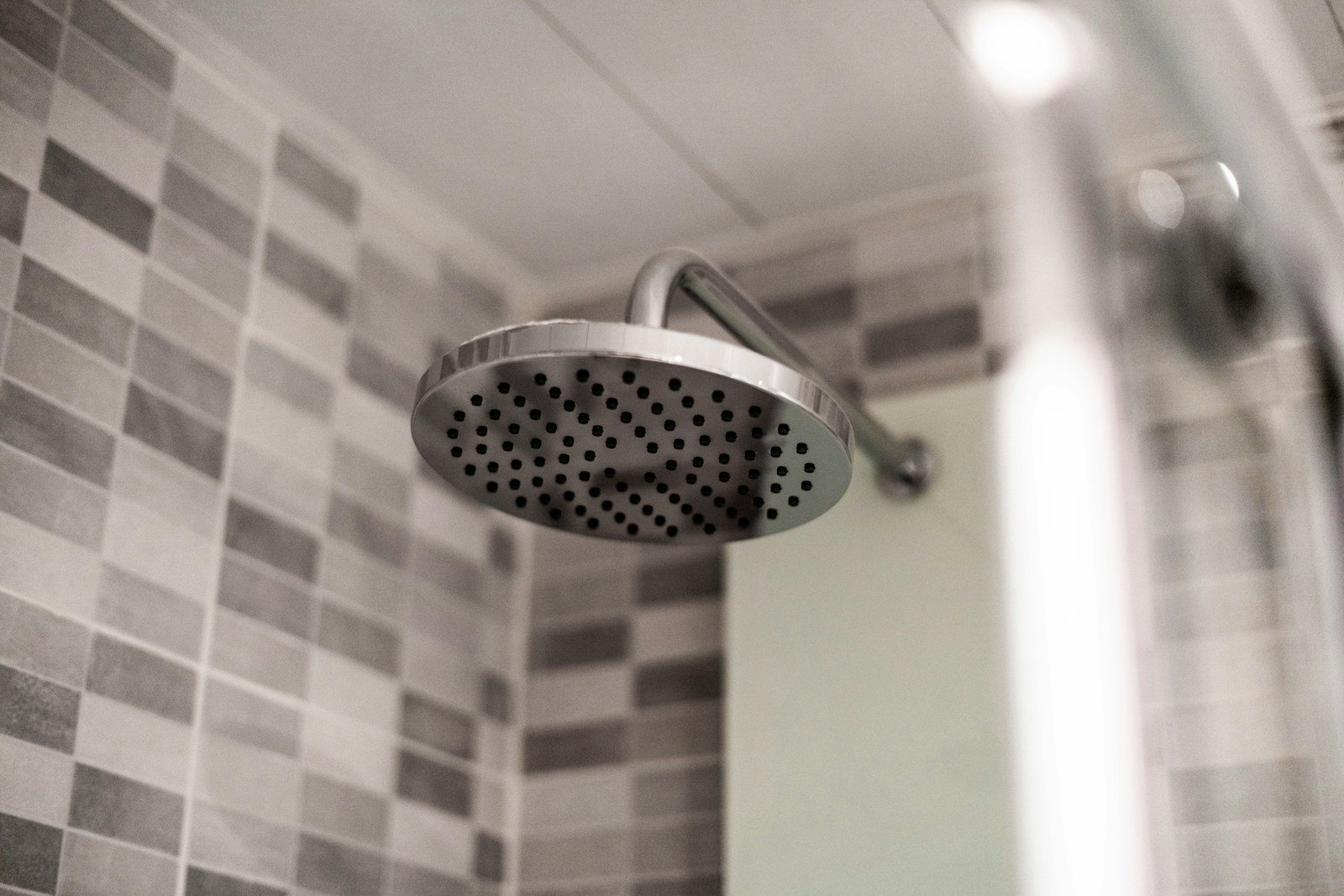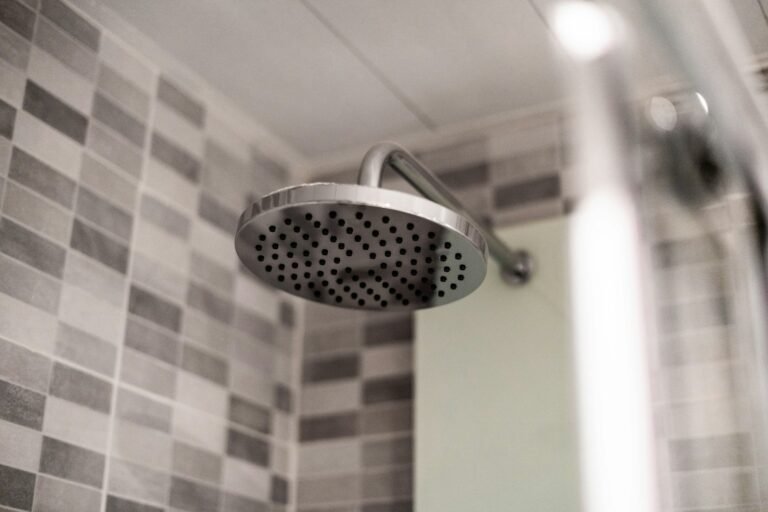Physical Address
304 North Cardinal St.
Dorchester Center, MA 02124
Physical Address
304 North Cardinal St.
Dorchester Center, MA 02124


When it comes to energy use in the home, water heating is one of the biggest contributors to your electricity or gas bill. With a few smart changes, you can cut down your water heater costs and make your home more energy-efficient, regardless of where you live. Here’s how to reduce energy bills and live more sustainably by using less hot water and optimizing your heating system.
Water heating typically accounts for about 14-18% of a household’s energy use, which means it has a big impact on your energy costs. By making a few adjustments, you can lower these costs while reducing your home’s carbon footprint. Even better, these tips work well in any home, from apartments to larger houses, making them ideal for global eco-conscious readers.
If you’re looking for actionable ways to reduce your water heater expenses, here are some practical solutions.
Most water heaters are set to 140°F (60°C) by default, but lowering it to 120°F (49°C) can help reduce energy use without affecting your comfort. For each 10-degree reduction, you could save up to 5% on water heating costs. A lower temperature can also prolong the lifespan of your heater by reducing mineral buildup.
Unlike traditional water heaters that constantly heat a tank of water, tankless or on-demand water heaters only heat water when needed. While these systems have a higher upfront cost, they save energy over time by eliminating standby heat loss. Plus, they’re a fantastic option for smaller spaces or households with fluctuating hot water needs.
Learn more about tankless water heaters.
Older water heaters lose heat more easily, causing them to work harder to maintain a set temperature. Wrapping your tank in a water heater blanket (or insulation jacket) can significantly reduce heat loss. This simple insulation measure is affordable, easy to install, and pays for itself quickly through energy savings.
Showering accounts for a large portion of hot water usage, so installing low-flow showerheads and faucet aerators can help cut down on both water and heating costs. These fixtures maintain water pressure while using less water, and they’re available in most hardware stores worldwide.
If your hot water pipes are exposed or run through colder parts of your home, insulating them can prevent heat loss as water travels from the heater to the tap. Pipe insulation is affordable and easy to apply. By keeping water warmer as it travels, you’ll likely use less of it.
Sometimes, small changes in behavior can have a big impact. Here are a few habits to develop that will help reduce your water heater costs without major upgrades:
Cutting down your shower time by just a few minutes can save gallons of hot water. Challenge your family to take shorter showers and consider switching off the water while lathering up or shaving.
Make the most of your hot water by only running full loads in your dishwasher and washing machine. This reduces the number of times these appliances need to heat water, saving energy and water.
If you’re going to be away for a while, turn off your water heater or set it to “vacation mode” if it has one. This setting maintains a low temperature to prevent freezing while using minimal energy.
There are additional eco-friendly steps you can take to make your water heating even more sustainable:
If you’re looking for a renewable way to heat water, solar water heaters are an effective choice. While they have a higher initial cost, they harness the power of the sun to heat your water, greatly reducing energy use.
Many detergents are designed to work well in cold water, which makes washing clothes in cooler temperatures an easy way to save energy. Hot water is rarely necessary for everyday laundry and can often cause fabrics to wear out faster.
Find more energy-saving laundry tips here.
John, a homeowner from California, decided to lower his water heater’s temperature and install a tankless system. Within a few months, he noticed a 20% reduction in his heating bill. John also encouraged his family to shorten their showers, which further helped reduce their hot water use. His experience shows that with a few easy steps, you can enjoy significant energy savings.
Cutting down water heating costs isn’t just about saving money; it’s about building a more sustainable lifestyle. We can all take steps to reduce our energy use and environmental impact. Try implementing one or two of these tips and see the difference it makes.
Have you ever tried reducing your water heater costs? What are your favorite eco-friendly tips for saving energy? Let us know in the comments below!